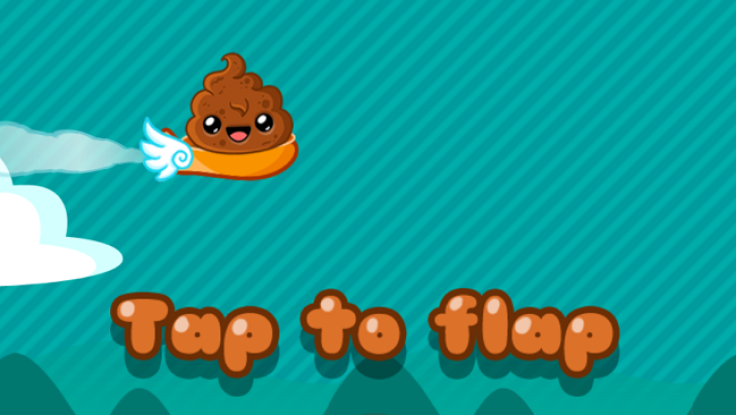'Flappy Bird' Game Deleted: 60 Knockoffs Are Being Added To iOS Store Every Day
Players are still able to get their 'Flappy Bird' fix from a multitude of games

Dong Nguyen’s “Flappy Bird” was pulled from app stores nearly a month ago, but a new report shows an average of 60 “Flappy Bird” clones are being added to Apple’s App store every day, which averages out to about one clone every 24 minutes.
Pocket Gamer conducted a recent investigation that discovered 69 knockoffs were added to the store on Feb. 28. Forty-eight were added on March 1, 75 were added on March 2 and 49 on March 3. This averages out to about 2.5 “Flappy Bird” clones per hour.
Apple and Google in mid-February began taking action against obvious clones, especially ones with the word “flappy” in the title. An Apple spokesperson claimed the company isn’t only rejecting games with“flappy” in the title, but also games that are attempting to trick purchasers into thinking it is a replacement for the original “Flappy Bird,” the Verge reports.
One–third of Android and iPhone games added to app stores on Feb. 28 were “Flappy Bird” clones. During a 24-hour period beginning on Feb. 26, 293 games launched in the App store, and 95 of those games were obvious clones of the frustrating app.
The games’ developers are undoubtedly hoping to cash in on the meteoric success of “Flappy Bird,” which was reportedly pulling in $50,000 per day. Vietnamese Dong Nguyen pulled the game at the height of its popularity, calling it an “addictive product.”
Instead of birds, some of the clone games feature pigs, cats, sponges, bricks, worms and unicorns.
“Flappy Bird” knockoff “Flying Cyrus” reached No. 1 on Feb. 21 in the iTunes App Store. The game operated with the same mechanics and basic principles, except Nguyen’s “Flappy Bird” was replaced with a version of tongue-wagging pop sensation Miley Cyrus. Instead of dodging green pipes, Cyrus dodged wrecking balls.
The original “Flappy Bird” was published in May by Vietnam-based Gears Studio. At one point, the title was being downloaded 2 million to 3 million times per day and pulling in $50,000 in ad revenue daily in Google Play and Apple iOS stores. It topped the free category of downloadable games in the American and Chinese iTunes App Store at the end of January 2014.
Nguyen removed the game on Feb. 9, claiming it was due to the amount of criticism and negative press it was receiving. “I am sorry, 'Flappy Bird' users, 22 hours from now, I will take 'Flappy Bird' down. I cannot take this anymore,” Nguyen tweeted. He also denied that he was asked to remove the app by Nintendo, a speculation made by many gaming sites. “It is not anything related to legal issues. I just cannot keep it anymore,” he posted on Feb. 8.
Since its deletion, knockoffs of the title are appearing everywhere, and Apple and Google were forced to clamp down on “Flappy Bird” clones. Both companies took aggressive action against eager developers hoping to make a quick buck from the post frenzy of “Flappy Bird," banning knockoffs from the iOS and Google Play stores. Of course, the games could possess similar qualities, but using the word “flappy” resulted in a rejection of submission from both app stores.
© Copyright IBTimes 2024. All rights reserved.












